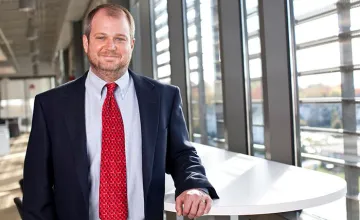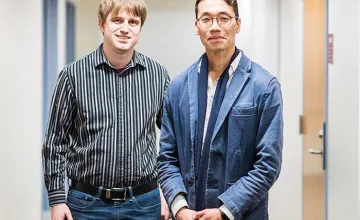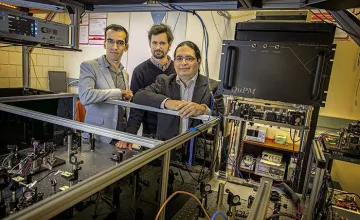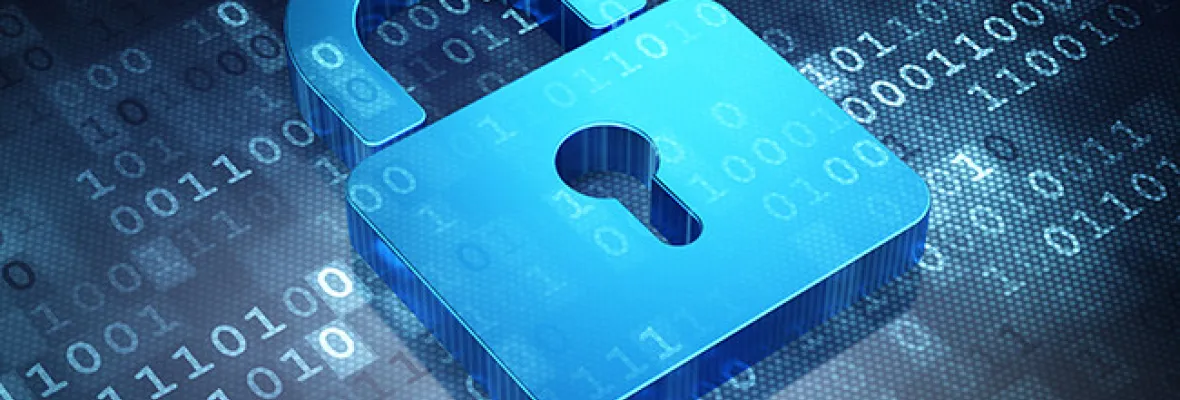As our society grows increasingly dependent on electronic networks for managing everyday life, running our economy, and defending the nation, cybersecurity has become one of our most pressing challenges.
Can we protect the power grid, telecommunication networks, financial data, “smart” products, and our private information, while still enjoying the benefits technology affords us?
AAU universities are helping answer that question, leading the way with multidisciplinary research, technology development, and education.

Martin Swany, a professor and chair of the Department of Intelligent Systems Engineering at Indiana University Bloomington, answers questions about his work with thermal imaging and electromagnetic probes.

Two Boston University computer scientists have developed a tool that could make it harder for hackers to find their way into networks where they don’t belong.

Researchers at Stanford University have developed a new system for aggregating usage reports from personal devices that emphasizes maintaining the user's privacy.

A team of researchers at Stony Brook University has developed a technology and prototype device based on quantum mechanics designed to prevent network hacking.
Explore More: Safeguarding the Connected World
You can sort by specialty area and/or by university.
Amit Sahai, UCLA professor of computer science at the Henry Samueli School of Engineering and Applied Science, has been awarded a $2.8 million grant over four years from the U.S. Defense Advanced Research Projects Agency (DARPA), the U.S. Department of Defense’s research arm. The grant will support Sahai's work to develop the foundations for encrypted software that is capable of keeping its source code a secret from users behind a tangled barrier of ultra-hard mathematics. The technique is known as "program obfuscation" or "software obfuscation."
Just outside Washington, DC, a heavily armored truck, protected by armed guards, rumbles toward the Pentagon. Its cargo is critical to keeping the most sensitive government communications secret. But it’s not what you might expect. That precious cargo is nothing but numbers.
For the second year, the University is hosting a cybersecurity camp for high school students through a program sponsored by the National Security Agency and the National Science Foundation.
In recent months, government officials in the United States, the United Kingdom, and other countries have made repeated calls for law-enforcement agencies to be able to access, upon due authorization, encrypted data to help them solve crimes.
In this Web edition of UT Game Changers on The Longhorn Network, Todd Humphreys addresses the current use and future potential of GPS technology.
